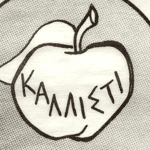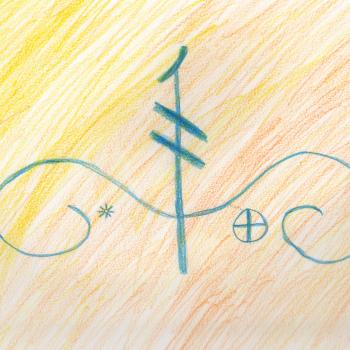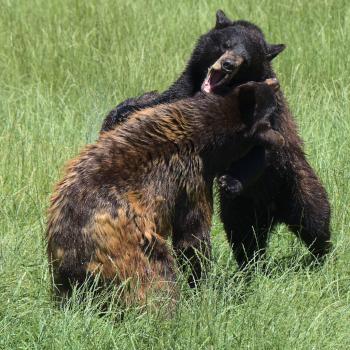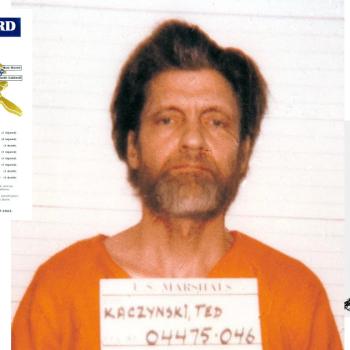I haven’t seen the latest DC superhero movie yet, and given the reviews I’m probably going to wait for the DVD release. Two and a half hours is just too long to sit in a theater. (Unless some lovely fangirl wants to take me to see it?) But I was puzzled by a comment a friend posted on Facebook: “Why would anyone want to see Batman vs Superman? Who cares?” He clarified, “I’m not anti-superhero story…I’m anti-this superhero story.”
Of course one might say “The reviews of this movie are lousy, I’m not going to risk spending my money on it,” but my friend seems to be dismissing the idea that a movie with a plot based around a conflict between Batman and Superman could be worthwhile.
I’d like to investigate that idea. Current movie aside, why does the idea of Batman versus Superman matter?
Now perhaps some readers who aren’t comic book fans are saying, “Obviously a juvenile idea about a space alien fighting a billionaire could never make for a good story.” But you can dismiss any plotline with a simplistic summary: “I heard about this play about an angsty suicidal prince out to get revenge on his stepdad for killing his dad. Who cares about this dysfunctional family nonsense?”
Batman and Superman matter, because the tales of the superheroes are our modern myths. By “superheroes” here I mean not just the DC and Marvel pantheons, but all the larger-than-life heroes of popular speculative fiction: Luke Skywalker and Princess Leia, Frodo and Sam, Kirk and Spock. (Yes, it is a male-heavy list — a topic for another time.) These stories are to a modern American what the tales of Heracles and Jason and Apollo were to a citizen of ancient Athens.
The myths of agrarian civilization, from Homer to the Bible, have proven insufficient to the new industrial and technological age in which we find ourselves. But we cannot do without myth. As Joseph Campbell put it, “[M]yth is everywhere the womb of man’s specifically human birth…simultaneously protecting the growing ego against libidinal quantities which it is not prepared do deal with and furnishing it with the necessary foods and saps for its normal, harmonious unfoldment.” [Campbell, 59]
As the biological womb takes us as a zygote and forms us into a complete biological being, so the mythological womb takes us from the tabula rasa of infancy and forms us into a complete mental and social being. Mythology is necessary. So in the past few decades, as our civilization has transformed from agrarian to industrial, a new sort of mythology has started to form, growing up alongside the new communication technologies of color printing, radio, television, animation, and film.
And the power of this modern mythology is no small thing. I have used Batman stories in mediation lectures to my karate students, finding them just as useful as ancient Zen and samurai tales.
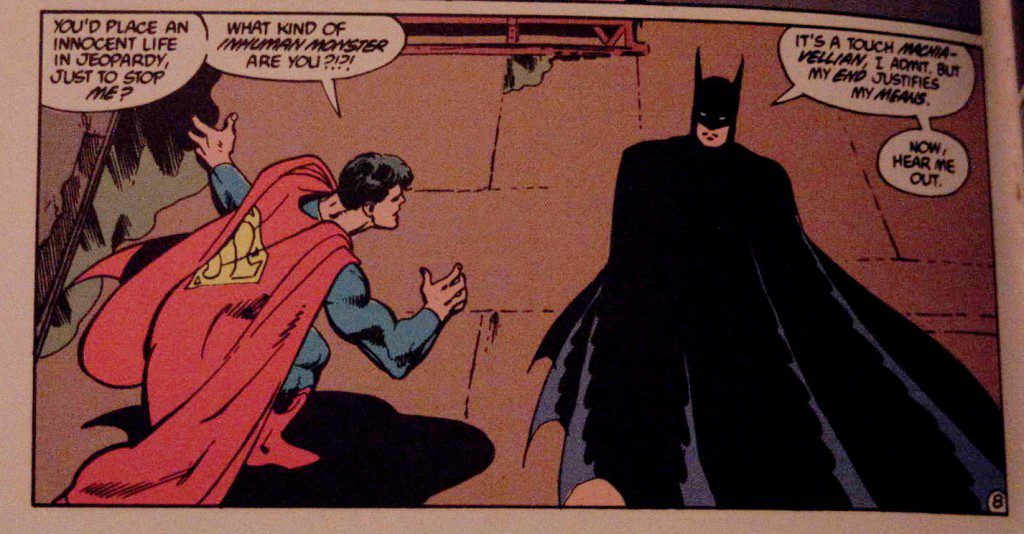
Comics writer and chaos magician Grant Morrison says of Superman, the first of the superheroes:
He was Apollo, the sun god, the unbeatable supreme self, the personal greatness of which we all know we’re capable. He was the righteous inner authority and lover of justice that blazed behind the starched-shirt front of hierarchical conformity.
In other words, then, Superman was the rebirth of our oldest idea: He was a god. His throne topped the peaks of an emergent dime-store Olympus, and, like Zeus, he would disguise himself as a mortal to walk among the common people and stay in touch with their dramas and passions.[Morrison, Supergods, 15-16]
(Yes, there is some dispute on the exact definition of “superhero” and whether Supes was the first — some say Popeye was one, and there are borderline cases, pulp heroes of extraordinary ability like Doc Savage and The Shadow and comic strip heroes like The Phantom and Mandrake the Magician, who set some of the conventions of the genre and were somewhat retconned after Superman came along. But for our purposes the genre begins in 1938, when Siegel and Shuster crossed from exciting tales of extraordinary heroes into the territory of myth. There was just more to Superman than to those pulp heroes.)
Ken Kesey’s 1964 novel Sometimes a Great Notion makes reference to a similar idea about the superhero as a symbol of personal greatness. The character Leland Stamper, a young man caught up in a sibling rivalry with Oedipal overtones, reflects on his childhood fascination with Captain Marvel:
“Shazam.” I said the word softly aloud into the chilly room, smiling at myself but thinking: maybe it wasn’t really Captain Marvel that was my hero; maybe it was Billy Batson and his magic word. I always used to try to figure out what my word was, my magic phrase that would turn me instantly enormous and invulnerable…[Kesey 142]
And artist and comic historian Arlen Schumer wrote how Superman may have been an inspiration to one of the heroes of Flight 93, the 9/11 flight whose passengers fought back against the hijackers:
…I heard Amy Nacke — the wife of passenger Louis Nacke — tell Dateline how much Louis loved Superman; why, she said, he even had Superman’s “S” shield tattooed on his shoulder for years! I bolted upright from my drawing board when I heard that, because now I knew why it had bothered me so much when those writers claimed superheroes didn’t really matter in real life. “Where were the Superheroes on September 11th?,” they asked? Well, I’ll tell you:
Superman was on United Flight #93.
I believe that Louis Nacke’s love of Superman, emblemized by that tattoo on his shoulder, helped motivate him — even if only “on a small subconscious level” — to garner the courage to confront a terribly hopeless situation. And then to respond heroically, with his fellow passengers, in those desperate moments when action mattered most.
Maybe my conviction is so strong because I know that many of those who face life and death every day — police officers and firefighters — became police officers and firefighters because of superheroes like Superman….
…Superman afforded me, in a more dynamic and accessible form than family or religion could ever really compete with, a specific morality from which to understand the difference between right and wrong and good and evil; and with that, the strength to act on those convictions. Perhaps, on that late summer morning, in the air above Pennsylvania, Superman gave Louis Nacke that strength, too. And in that way, Superman became real.[Schumer]
(My own childhood favorite, I should note, was Green Lantern — where other superheroes were granted their powers by circumstances of birth or by accident, Hal Jordan was given his power ring by Abin Sur because he displayed courage and compassion. It was an ethical lesson in bright colors.)
Superman was the first of the superheroes. But just as Apollo implies Dionysus, so Superman’s sun god — in the D.C. One Million story arc he spends 10,000 years living in the core of the sun,[Morrison, DC] one can’t get much more solar than that — must have a dark twin. It took less than a year for Bill Finger and Bob Kane to follow Superman with Batman, of whom Morrison says:
Crime, madness, and the supernatural defined Batman’s theater of operations and allowed him to mine a rich seem of blood and thunder sensationalism stretching back a couple of centuries…It was Batman as Dracula, the vampire as hero, preying on the even more unwholesome creatures of the night.
…His was the territory of the dark unconscious…[Morrison, Supergods, 22]
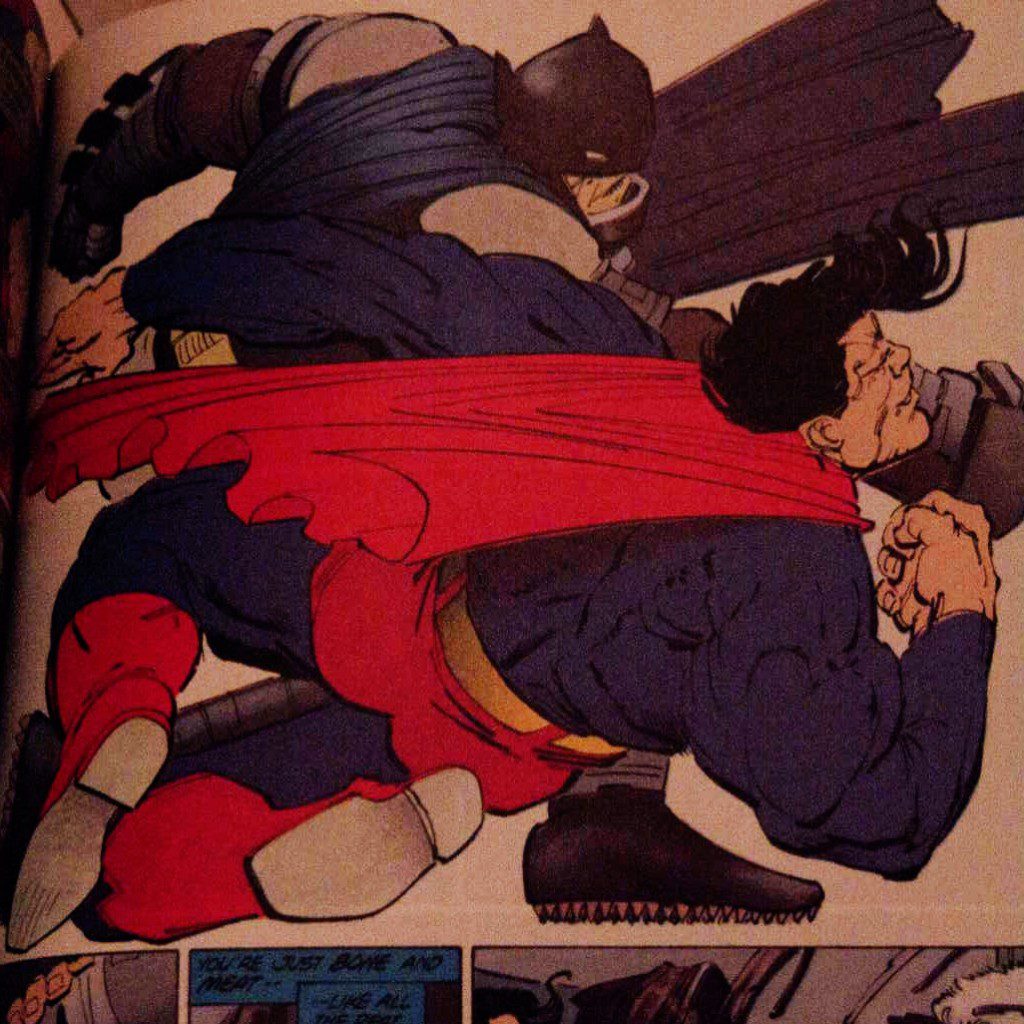
A story which has these two in conflict, which presents them as thesis and antithesis, holds out promise of synthesis of the light and dark sides of human nature.
And more than that: where Supes is in effect a god, a being not of our world, Bats is as mortal as any child of Earth. (Though one wag noted that he does have one divine-level power: Bruce Wayne has more money than God.) Can a cunning mortal strive against the raw power of a god and win? That’s a question that’s interested us since Odysseus outwitted Poseidon’s son Polyphemus. (Yes, Odysseus’s genealogy is questionable and may include gods, but we see him in the Odyssey he’s fully mortal.)
So Batman and Superman in conflict has been a trope since the Modern Age of comics began in the mid 1980s. Their most famous fight (before this movie) was in Frank Miller’s 1986 The Dark Knight Returns, in which a power-suited Batman gone full-on vigilante and gang leader in the wake of a complete breakdown of society takes on a nuclear-blast-weakened Superman acting as a morally-compromised covert federal agent.[Miller 166-196] But they also come into less dramatic but more Machiavellian conflict in the main DC continuity a few months later in an early issue of John Byrne’s post-Crisis Superman reboot.[Byrne 8]
Done well, a story that pits Batman against Superman could be an exploration of cleverness versus raw power, of different interpretations of duty and goodness, of a mere mortal (though a very very rich one) striving with a being just short of a god.
Done poorly, of course, it could be just a bunch of CGI explosions, sound and fury signifying nothing.
But hope springs eternal, and so it should be no surprise that people are interested enough to see the film and judge for themselves.
References:
Byrne, John. Superman: The Man of Steel. New York: Ballantine Books,
1988.
Campbell, Joseph. The Flight of the Wild Gander. New York, N.Y: HarperPerennial, 1990.
Kesey, Ken. Sometimes A Great Notion. New York: Penguin Books, 1977.
Miller, Frank, et al. Batman : The Dark Knight returns. New York,
New York: DC Comics, 2002.
Morrison, Grant. DC One Million. New York, NY: DC Comics, 1999.
Morrison, Grant. Supergods : What Masked Vigilantes, Miraculous Mutants,
and a Sun God from Smallville Can Teach Us About Being Human. New York:
Spiegel & Grau, 2012.
Schumer, Arlen. “Text of Arlen Schumer’s Speech Delivered at the Society of Illustrators’ Memorial Exhibition, February 1, 2012.” The Art and Writing of Arlen Schumer. http://www.arlenschumer.com/images/stories/history_pdfs/NACKE-art-Speech.pdf
It’s still rough around the edges but I’ve created a Patreon page for this blog. Please consider supporting me with a pledge. There’s a special gift for the first 20 people to do so — be the first on your block!
You can keep up with “The Zen Pagan” by subscribing via RSS or e-mail.
If you do Facebook, you might choose to join a group on “Zen Paganism” I’ve set up there. And don’t forget to “like” Patheos Pagan and/or The Zen Pagan over there,
too.


